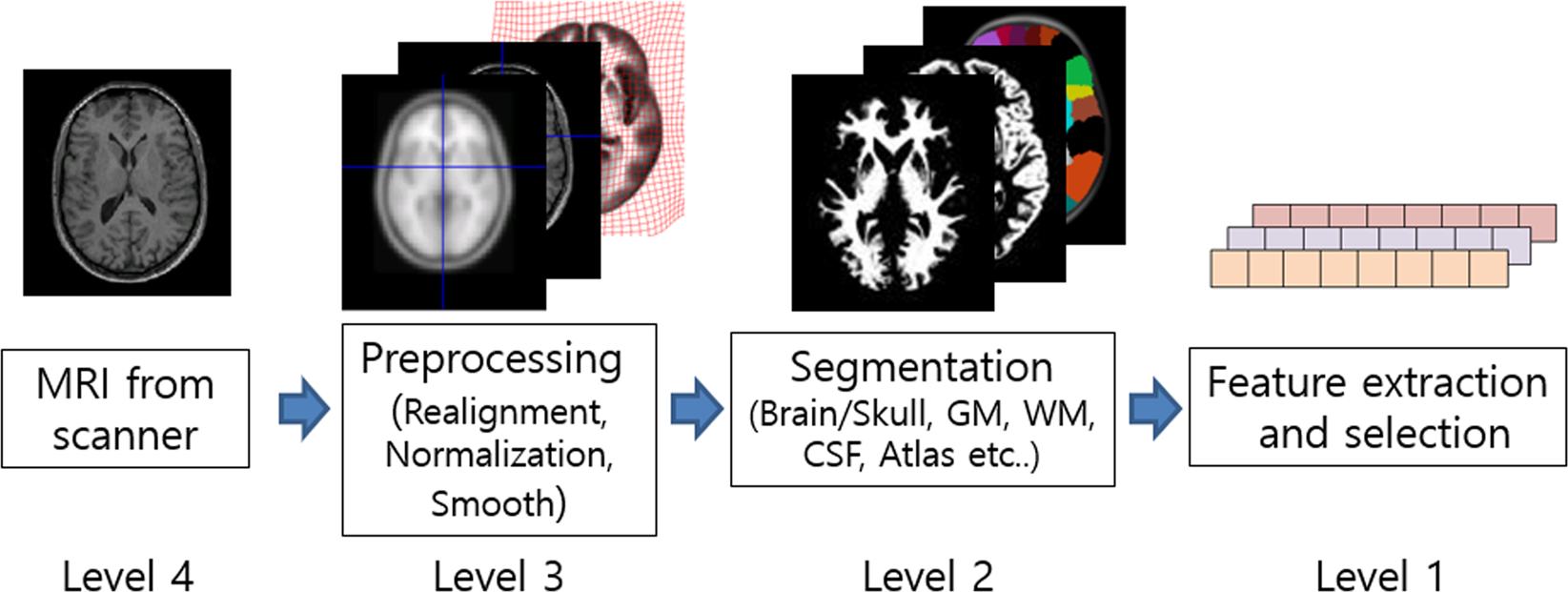Dementia-AI-Detection is a machine learning-based web application designed to facilitate the early detection and risk prediction of dementia. The project integrates MRI image analysis and dementia risk prediction to provide comprehensive insights into the likelihood of dementia in patients.
- User Registration and Login: Users can register for an account or log in as an admin.
- MRI Image Upload: Users can upload MRI scans to get a confidence score of the dementia condition.
- Dementia Risk Prediction: Users can input various health and lifestyle parameters to predict the risk of dementia.
- Backend: Flask
- Database: SQLite
- Frontend: HTML, CSS, JavaScript
- Machine Learning: TensorFlow, Keras
- Deployment: Heroku
Access the application here.
- Python 3.7+
- Virtual Environment
- Clone the repository:
git clone https://github.com/boss2256/Dementia-AI-Detection.git
- Navigate to the project directory:
cd Dementia-AI-Detection - Create and activate a virtual environment:
python -m venv venv source venv/bin/activate # On Windows use `venv\Scripts\activate`
- Install the required packages:
pip install -r requirements.txt
- Run the application:
or
python app.py
flask run
- Access the application in your web browser at
http://127.0.0.1:5000.
- Register or Login: Create a new account or log in as an admin.
- Upload MRI Image: Navigate to the MRI Analysis section, upload an MRI image, and receive a confidence score for dementia detection.
- Risk Prediction: Fill out the dementia risk prediction form with relevant health and lifestyle information to get a risk assessment.
Contributions are welcome! Please submit a pull request or open an issue to discuss any changes.
This project is licensed under the MIT License. See the LICENSE file for details.
import os
import asyncio
from datetime import datetime, timezone, timedelta
from openleadr import OpenADRServer, enable_default_logging
from functools import partial
import logging
enable_default_logging()
# Configure logging
logging.basicConfig(filename='vtn_server.log',
level=logging.DEBUG,
format='%(asctime)s:%(levelname)s:%(message)s')
logger = logging.getLogger(__name__)
PORT = os.getenv("VTN_PORT", 8080)
async def on_create_party_registration(registration_info):
logger.info("Party registration request received.")
if registration_info['ven_name'] == 'ven123':
ven_id = 'ven_id_123'
registration_id = 'reg_id_123'
logger.info(f"Registered ven_id: {ven_id}, registration_id: {registration_id}")
return ven_id, registration_id
else:
logger.error("Invalid registration info.")
return False
async def on_register_report(ven_id, resource_id, measurement, unit, scale,
min_sampling_interval, max_sampling_interval):
logger.info(f"Report registration from ven_id: {ven_id}, resource_id: {resource_id}")
callback = partial(on_update_report,
ven_id=ven_id,
resource_id=resource_id,
measurement=measurement)
sampling_interval = min_sampling_interval
return callback, sampling_interval
async def on_update_report(data, ven_id, resource_id, measurement):
logger.info(f"Report update received from ven_id: {ven_id}, resource_id: {resource_id}")
for time, value in data:
logger.info(f"Time: {time}, Value: {value}")
async def event_response_callback(ven_id, event_id, opt_type):
logger.info(f"Event response received from ven_id: {ven_id}, event_id: {event_id}, opt_type: {opt_type}")
def ven_lookup(ven_id):
logger.info(f"VEN lookup for ven_id: {ven_id}")
return {
'ven_id': 'ven_id_123',
'ven_name': 'ven123',
}
# Create the server object
server = OpenADRServer(vtn_id='myvtn', http_port=PORT)
# Add the handler for client (VEN) registrations
server.add_handler('on_create_party_registration', on_create_party_registration)
# Add the handler for report registrations from the VEN
server.add_handler('on_register_report', on_register_report)
# Add a prepared event for a VEN that will be picked up when it polls for new messages.
server.add_event(ven_id='ven_id_123',
signal_name='simple',
signal_type='level',
intervals=[{
'dtstart': datetime.now(timezone.utc) + timedelta(minutes=5),
'duration': timedelta(minutes=60),
'signal_payload': 100.0
}],
callback=event_response_callback)
# Run the server on the asyncio event loop
loop = asyncio.get_event_loop()
loop.create_task(server.run())
loop.run_forever()
